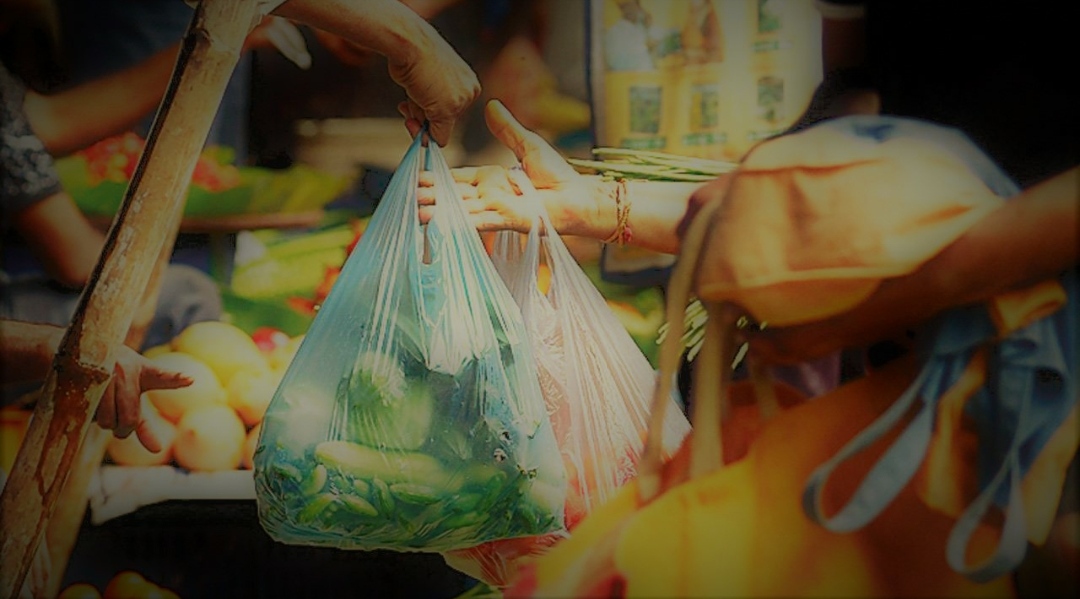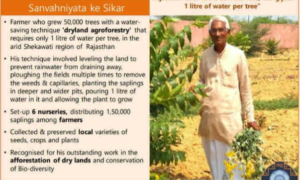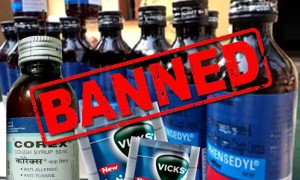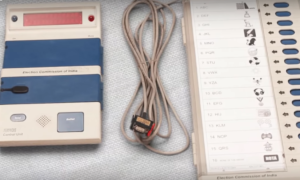I support the ban on Single-use plastic

On track to meet the climate change targets of the Paris Agreement, India shall soon impose the ban on single-use plastic by July 1, 2022, as per the announcement of the Union Ministry of Environment, Forest and Climate Change (MoEFCC).
Single-use plastic (SUPs) includes products used once for a short period before being thrown away, like grocery bags, including thin carry bags (less than 50 microns), plastic bottles, banners, straws, and more. SUPs drastically affect health and the environment as they add to the rot in landfills and marine.
Banning these is the first of the many steps to mitigate the environmental impact and reduce pollution.
However, there are many structural issues in executing this ban.
Absolute clarity is still hazy on some problems related to this ban, such as devising alternative options to this single-use plastic or setting up downcycling procedures or bringing in behavioral change to the use of plastic amongst the public.
In this blanket ban, manufacturers, retailers, the general public, and shopkeepers have been prohibited from keeping any single-use plastic stock.
Many retail companies, including big-ticket apparel brands, have already taken the initiative to use paper bags instead of plastic.
However, to support this sustainability effort, retail giants/shopkeepers charge extra for shopping bags with their Brand logos printed on them for which the consumers have to shell out an extra amount from their pocket.
On one end these companies are portraying a green image by supporting this ban, on the other hand, indulging in unfair trade practices and undue profiteering at the expense of the common man.
If the intention is discouraging the consumers from using plastic bags as they are non-biodegradable and a threat to the environment, it is significant to realize that incentivizing is more encouraging rather than penalizing to bring a change.
If retailers want to support this initiative of plastic ban, then they can offer discounts to customers for bringing their own bag or giving them reusable tote bags for a refundable amount.
This would better align company goals with government policy and instil a positive change in shoppers’ behavior.
Creating a feeling of accountability is essential, but retailers should not put the entire onus of sustainability effort on customers by charging extra for a bag after shopping.
People behave paradoxically even when they tend to support the ban on SUPs; they still go to the markets to purchase groceries or vegetables and carry back items in plastic bags offered by the vendors.
In the case of grocery shopping or vegetable purchase, retailers can’t offer financial incentives like discounts for “Bringing Your Own Bag” (BYOB) because margins are thin.
In such cases, social incentives are other rescue measures.
These can be possible with government support and promotion, such as educating customers about the environmental impact of SUPs and encouraging green behavior.
Developing a social norm that BYOB would project a positive social image and gain social acceptance would provide a more long-term solution.
Forbidding the use of SUPs is an impactful decision. But for this to be executable, every stakeholder has to be involved in prohibiting the use of such plastic.
Changing the behavior is not easy, especially when it is a habit. Government regulation and policies alone cannot bring change in the climate.
A proper equilibrium should be maintained between extrinsic and intrinsic motivation which is stability between earning rewards and avoiding punishment as well as changing behavior for social approval.












































